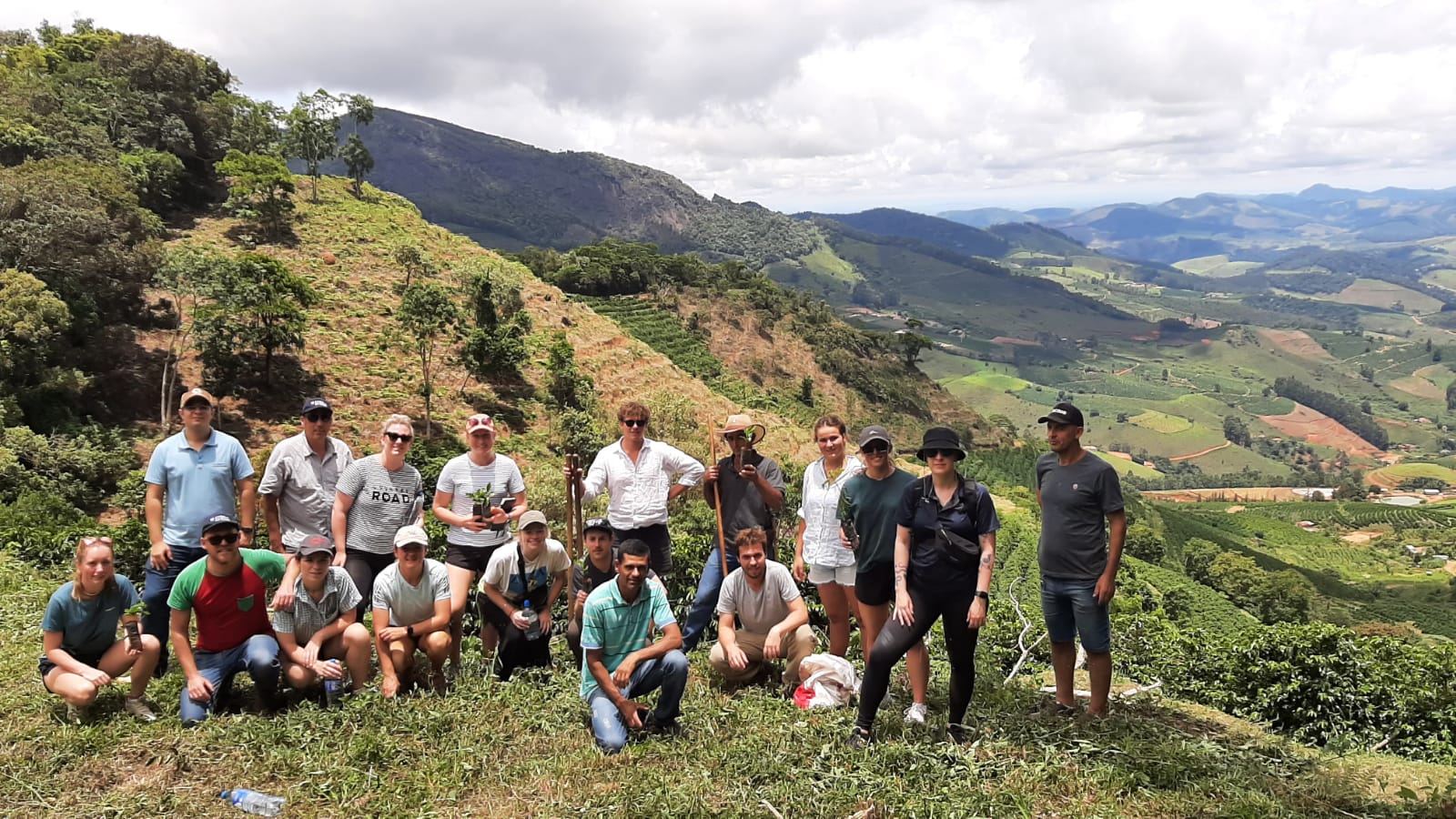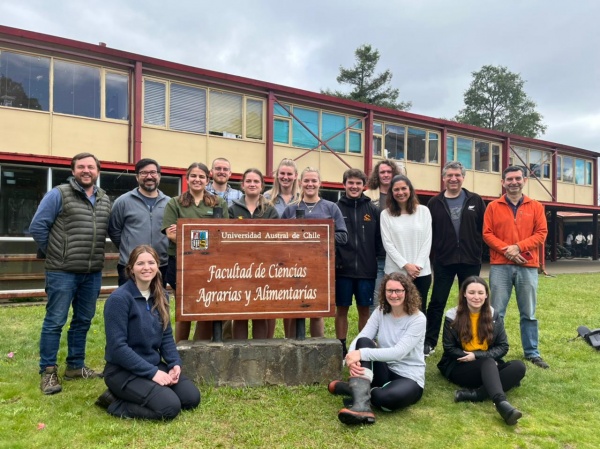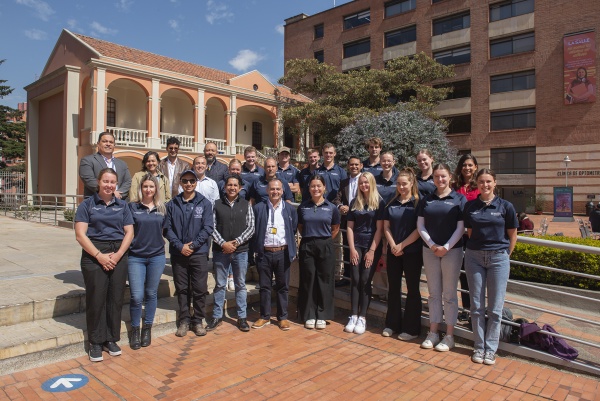19 July 2023 at 10:00 am
Hands-on agribusiness experience for NZ students in Brazil, Chile and Colombia
Three groups of Prime Minister’s Scholarship awardees travelled to Latin America over the past year to broaden their agribusiness knowledge and practical skills.

Despite being located on opposite sides of the world, New Zealand and Latin America have very similar climates, a phenomenon which serves as an opportunity for students in professions connected to agriculture to broaden their knowledge and practical skills. The Prime Minister’s Scholarship programme has supported students travelling to Brazil, Chile and Colombia to study this subject.
In operation since 2013, the Prime Minister’s Scholarship programme has already provided support for around 3,050 New Zealanders studying abroad, covering their travel, meals, accommodation, studies, technical visits, and journeys in different regions.
In 2022, Brazil was the most popular Latin-American country among group scholarship recipients, receiving visits from three groups. Brazil was also the first country to welcome New Zealand students from the program following the COVID-19 pandemic.
12 members of the Agronomy and Business Faculty of Lincoln University travelled to São Paulo in November last year. Over the course of five weeks, they visited and studied at three Brazilian universities, visiting farms and production centres in São Paulo, Minas Gerais, Paraná and Santa Catarina states.
According to Dr. Hugh Bigsby of Lincoln University, who coordinated the groups of students, their visits were organised so they could learn about the countries and their cultures through their food.
“Our programmes are called ‘agribusiness summer schools’ and the aim is to try to understand the local economy, over a period of five weeks, through processes involved in food production and the textile industry, for example,” Hugh said.
“In each country, we introduce the students to farms, sales chains and supermarkets. At the end of the program, they are required to present a business idea that can contribute to the commercial relations between New Zealand and each country visited, supporting exports and imports,” explained Hugh.
Amongst the places visited in Brazil were the Higher Education School of Agriculture of the University of São Paulo, in Piracicaba; the Faculty of Agrarian Sciences of the Federal University of Paraná, in Curitiba; and the experimental farms operated by the Federal University of Viçosa.
“The partnerships with the local universities of each country are fundamental to the success of our program, since each of them provides us with the local economic context, demonstrates technological advances that are underway, and explains the specific features of the local producers,” Hugh said.
At the same time, a group of 10 students, from the School of Agriculture and Development at Massey University, were in Chile to pursue their studies of agribusiness techniques. The students explored several regions across the country, visiting the Austral University of Chile, the Catholic University of Valparaiso, and Magallanes University in Punta Arenas.
In addition to the universities, the students went to the Santiago Botanic Gardens, dairy cattle farms, vineyards, avocado plantations, and food cooperatives.

Massey University students at Universidad Austral de Chile, in Chile.
Massey University Professor Ignacio López, accompanied students on their visit. He said the trip was an incredible experience.
“The students were impressed with how the farmers are capable of sustainably farming foods in extremely harsh conditions” Ignacio said.

Lincoln University students at Universidad de La Salle, in Colombia.
A group of 20 students from the Agronomy and Business Faculty of Lincoln University travelled to Bogotá, Colombia, in January to study agribusiness. They were in the country for four weeks, studying at the La Salle University, located in the Colombian capital, and at Manizales University.
The students learnt about the wide range of agribusiness activities conducted in the country and in the Mercosur region, including detailed studies of Colombian coffee production techniques, which are considered a benchmark across the world.
The students from the three groups all returned home having recognised the creativity and experience of the Latin-American agricultural producers.
“For our students, the trip opened their minds to new possibilities and different ways of working with agriculture,” said Ignácio Lopez.
“They also realised that what they had experimented with can, indeed, be adjusted and applied in New Zealand” he said.

